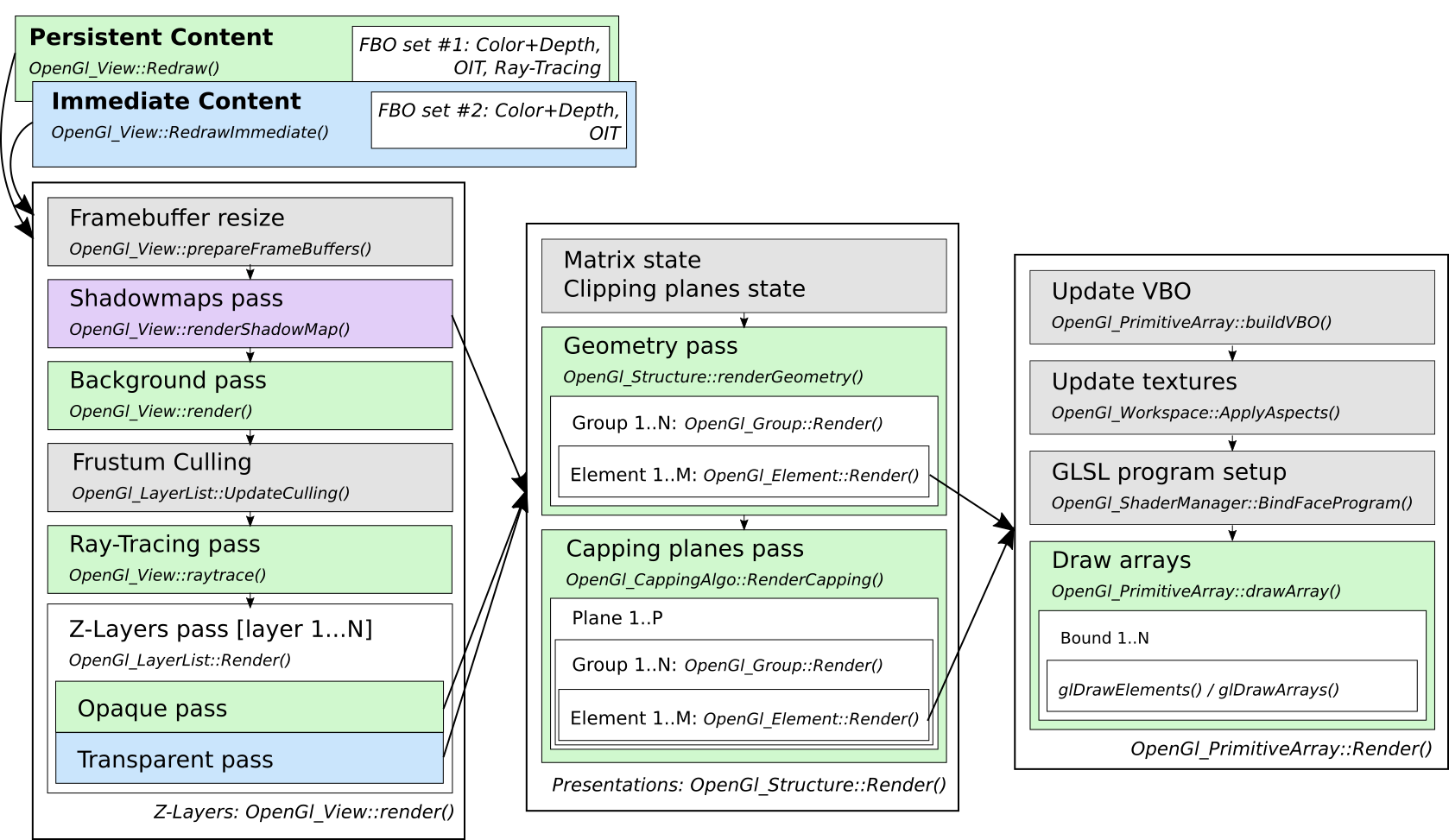Open CASCADE Technology 7.6.3 maintenance release

Wed, 07/27/2022 - 14:25
Open Cascade is pleased to announce that the next Open CASCADE Technology (OCCT) maintenance release (version 7.6.3) is prepared.
The sources of Open CASCADE Technology 7.6.3 are available under the V7_6_3 tag in the OCCT repository.
This maintenance release fixes the following critical problems:



